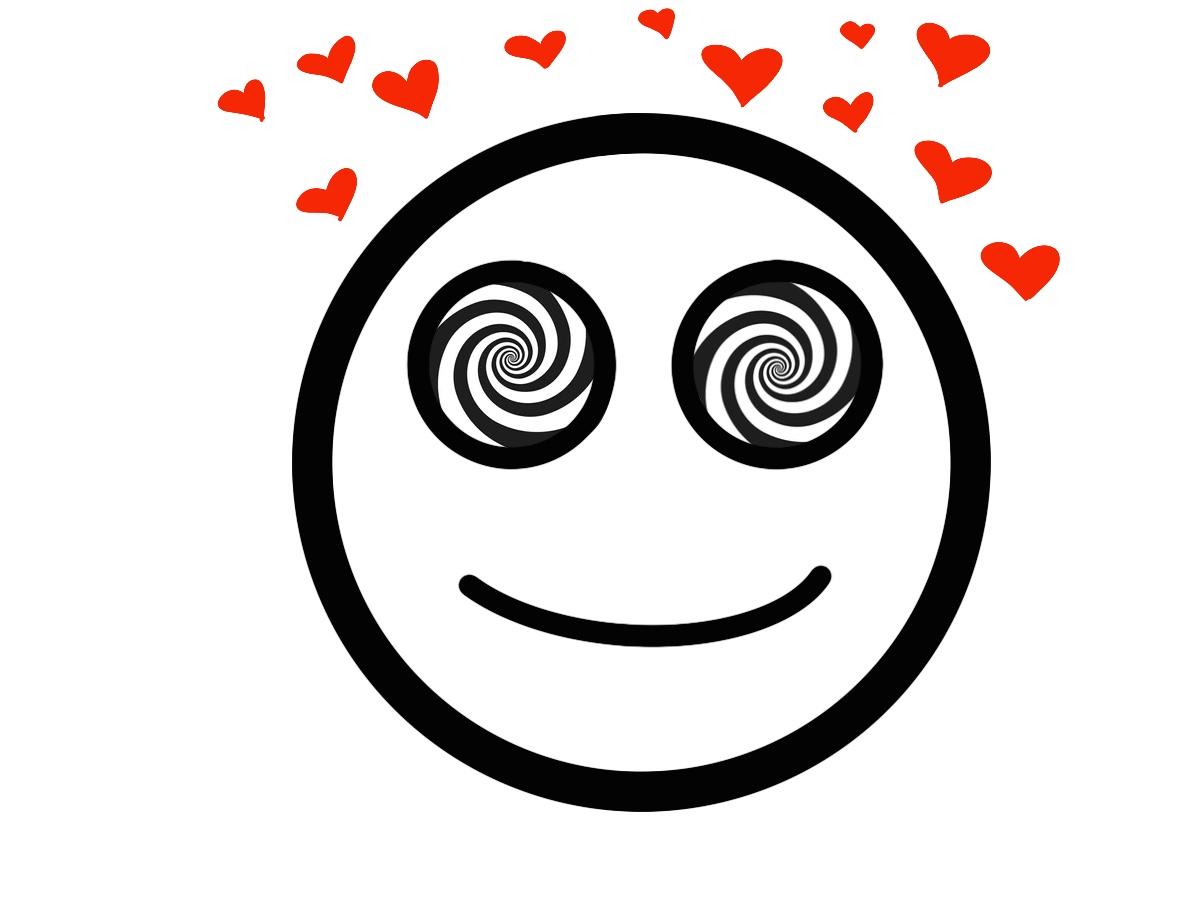
Abigail Ramirez is a freshman journalism major at MU. She is an opinion columnist who writes political and social commentary for The Maneater.
“Love, Actually.” “To All the Boys I’ve Loved Before.” “Crazy Rich Asians.” “Love, Simon.” What do all of these movies have in common? They all have set people’s standards of love unrealistically high. Who actually believes a couple like Lara Jean and Peter Kavinsky would break up and get back together three times over the course of a year and a half, especially when someone like John Ambrose McClaren was available?
Despite the utterly apparent lack of realism in romantic comedies, a part of every person secretly hopes for a love like they see in the movies. That’s the point of these stories — to give us hope for a happier romantic future. However, they actually set most people up for disappointment.
Believing in fate, soulmates, divine intervention — whatever you want to call it — is a recipe for disaster. Romance movies take advantage of our naive and optimistic values on love and twist them into something irrational. The true key to having a positive outlook on love is accepting the reality of heartbreak and growing from it.
With each love confession scene and flash mob in Grand Central Terminal comes an inflated desire for something that simply does not exist. In fact, a University of Michigan study found that greater exposure to romance films has a direct correlation to increased belief that “love finds a way.”
Sometimes, love does find a way. Sometimes the nerdy guy you held hands with on a rollercoaster in eighth grade who you pined over all of high school ends up being your boyfriend. Ultimately, the “best friends to lovers” trope, and even “enemies to lovers” trope, is a promising yet unfulfilling illusion. In that moment, you feel like you can slow dance in the middle of the street without it being cliché because YOU are the main character and YOUR LIFE is really the coming-of-age movie everyone is watching.
Everything is fine and dandy until reality sets in. The idea of staying up until 2 a.m. on the phone every night and spending every moment together is great until couples fight — and couples are fated to fight. Unfortunately, problems are not so easily solved in real life; there is no conflict-resolution plot point to magically make things better. In these moments of turbulence, it’s people’s high expectations that truly get the best of them.
Romance movies take advantage of our need for perfection and create unrealistic standards for our partners that they simply cannot meet, through no fault of their own. Seeing Harry confess his love to Sally at midnight as “Auld Lang Syne” plays can make anyone believe someone has the potential for grand gestures and unwavering love. However, these movies give people reasons to distort their reality into something they see as palatable. As a result, we are unable to accept our partners for who they really are and resent them when they disappoint us by not going above and beyond their capabilities.
Unrealistic dreams are no excuse for poor behavior or maltreatment in relationships. However, believing you can mold or fix someone into being the perfect partner by resisting to acknowledge toxic traits is not an example of “love finds a way.” It is a personal sacrifice of happiness at the expense of an unachievable idea based on couples who probably would have broken up had they not been fated by a movie script.
It is imperative that people let go of this picture-perfect idea of love, not only to create healthier relationships with others, but also to spare themselves from a world of hurt. Realizing someone is not the person you thought they could be, even if you still see the potential in them to take on that movie persona, is a heartbreak unlike any other. Imperfect and unconditional love is a harsh wake-up call no one is or will ever be ready for at any point in life.
This being said, it is up to us to dissociate from our distorted idea of what love could be and accept love for what it is. Just like Ellie said in “The Half of It,” “Love is messy and horrible and selfish and bold.” Love takes, and sometimes doesn’t give back. While this is an incredibly pessimistic view of one of life’s greatest joys, it is a reality we all must accept. Having fights, getting your heart broken and every little other bump in the road is a human’s rite of passage. It’s the painstaking consequence of letting your walls down and giving your trust to another person.
That being said, it’s only when we begin to accept our partners for every imperfection and quirk and grow from our mistakes that we can truly value love in all its glory.
Love is messy and cruel and can lead to seemingly unmendable pain. Sometimes we get lucky, and love can be eating pizza on the floor at midnight., kissing in the rain and being told you’re perfect by someone holding poster boards. Other times, we have to prepare ourselves for tough conversations, long distance and even economic pressure. Just like life, love ebbs and flows, and accepting that fact not only brings peace to heartbreak, but also more joy to the happier moments. Life can only be accompanied by a Harry Connick Jr. soundtrack if we allow ourselves to welcome growth and imperfection with open arms.
The No More Project advocates for an end to domestic violence and sexual assault. It works to educate people on the severity of both issues, as well as how to recognize and stop them from happening. You can take the pledge and donate at www.nomore.org.
Edited by Sarah Rubinstein | [email protected]